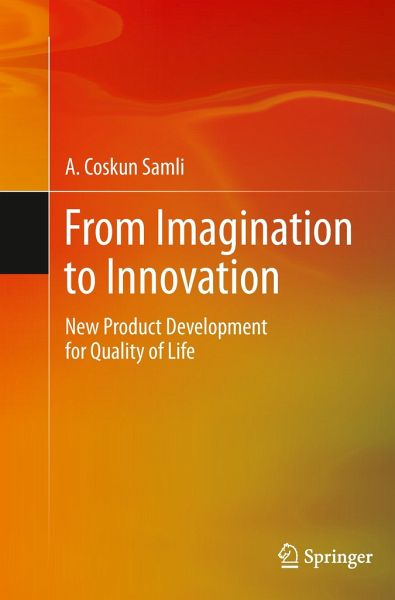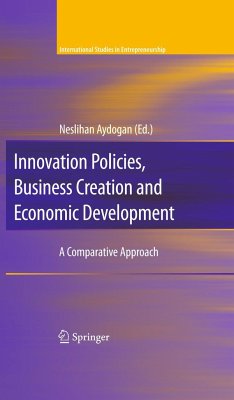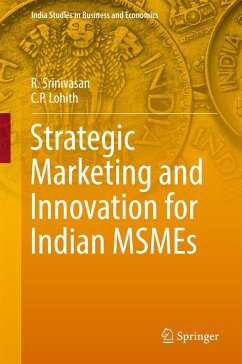
From Imagination to Innovation
New Product Development for Quality of Life

PAYBACK Punkte
40 °P sammeln!
It is impossible to measure the full economic and psychological benefits of the sewing machine, the polio vaccine, or the Internet. What we know is that these products have changed our lives for the better, generating net benefits well beyond the metric of corporate profits. As forces such as financial market volatility and fragmented markets demonstrate the fragility of the global economy, the imperative to develop products and services that contribute to the well-being of the many-rather than the few-is more pronounced than ever.In this book, A. Coskun Samli explores this imperative of an "i...
It is impossible to measure the full economic and psychological benefits of the sewing machine, the polio vaccine, or the Internet. What we know is that these products have changed our lives for the better, generating net benefits well beyond the metric of corporate profits. As forces such as financial market volatility and fragmented markets demonstrate the fragility of the global economy, the imperative to develop products and services that contribute to the well-being of the many-rather than the few-is more pronounced than ever.
In this book, A. Coskun Samli explores this imperative of an "innovation culture" and how it can be encouraged at all levels, from the individual to the nation or region. He argues that without a global innovation culture, committed to generating socially valuable products, we are likely to face a deteriorating quality of life, as wealth is concentrated at the top. Integrating insights from management, economics, policy, and psychology, Samli demonstrates how creativity can be channeled into innovation and innovation can be channeled, in turn, toward economic development. He discusses how national policies can be oriented toward encouraging such socially beneficial innovations as sustainable energy, communication technology, and medical discoveries. The aim is to promote the development of products and services that improve quality of life and generate profits for those who invest in them. He argues that all innovations, whether radical or incremental, must demonstrate social value in order to be truly profitable.
In this book, A. Coskun Samli explores this imperative of an "innovation culture" and how it can be encouraged at all levels, from the individual to the nation or region. He argues that without a global innovation culture, committed to generating socially valuable products, we are likely to face a deteriorating quality of life, as wealth is concentrated at the top. Integrating insights from management, economics, policy, and psychology, Samli demonstrates how creativity can be channeled into innovation and innovation can be channeled, in turn, toward economic development. He discusses how national policies can be oriented toward encouraging such socially beneficial innovations as sustainable energy, communication technology, and medical discoveries. The aim is to promote the development of products and services that improve quality of life and generate profits for those who invest in them. He argues that all innovations, whether radical or incremental, must demonstrate social value in order to be truly profitable.














